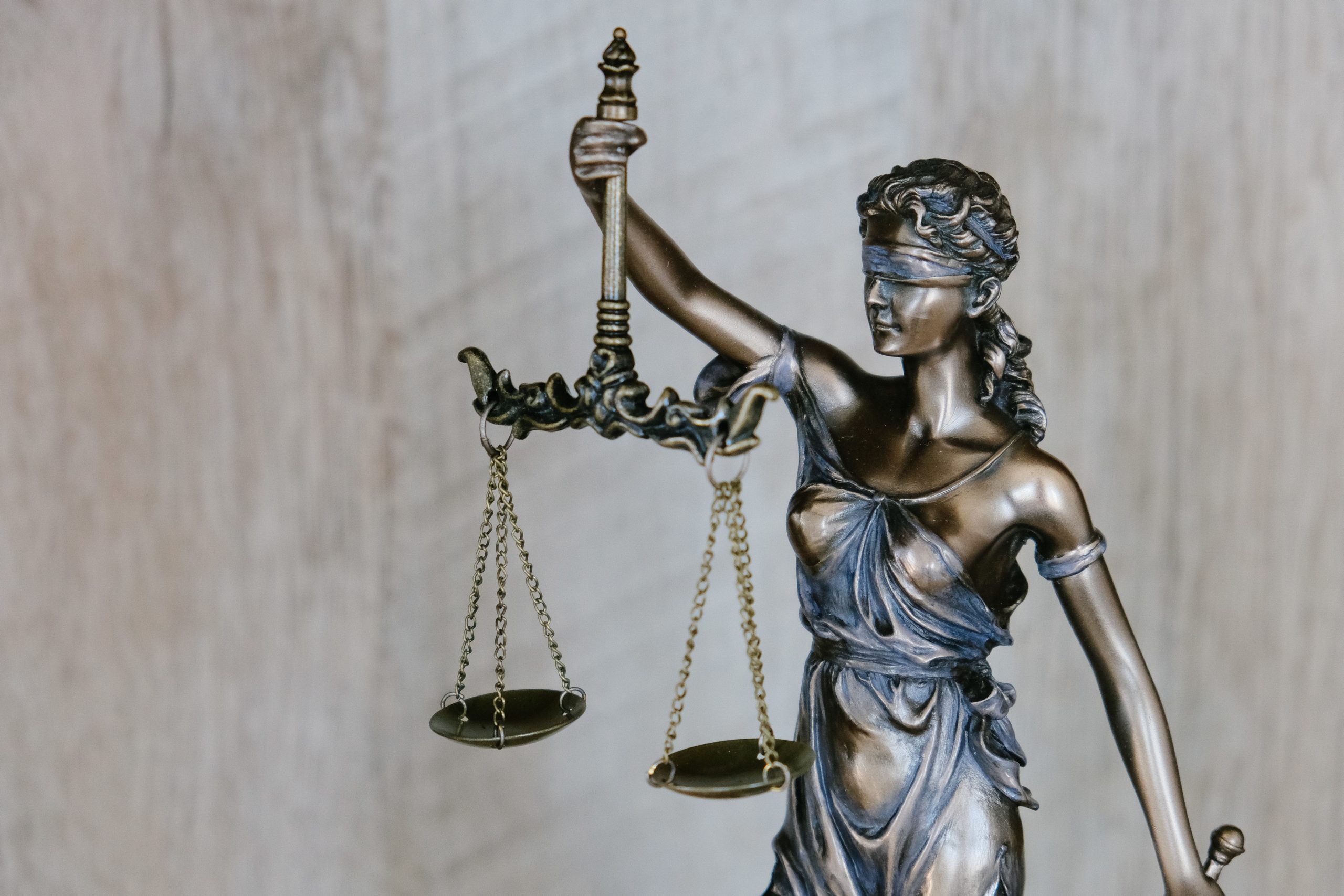Children under 18 are considered juveniles to commit crimes. You or a loved one facing charges should understand the differences between these offenses and adult crimes. A juvenile court focuses more on rehabilitation than punishment when juveniles commit crimes. To prevent future criminal behavior, young offenders are provided with resources to understand the consequences of their actions. In contrast, adult criminal courts focus primarily on punishing offenders for their crimes. The judge imposes a fine, probation, or incarceration as appropriate. Juveniles can also be charged with status crimes, which makes them different from adults. Status offenses are behaviors that would not be considered illegal if committed by an adult but are prohibited for minors because they are viewed as harmful or inappropriate given their age. Underage drinking, truancy, and running away are examples of status offenses.
An experienced juvenile justice lawyer who understands the nuances of the juvenile justice system. It is essential if your child has been accused of a status offense or any other juvenile crime. You can protect your child’s rights throughout this complex process by hiring a skilled attorney. Defending against juvenile charges is understanding how they differ from adult charges regarding evidence requirements. As a general rule, prosecutors need substantial evidence linking the defendant to the crime in cases involving adult charges. However, when it comes to juvenile cases, proof beyond a reasonable doubt isn’t necessary for many instances. Instead, only enough evidence is required to show clear signs that suggest involvement in crime such as eyewitness testimony combined with circumstantial evidence indicating guilt. The burden of proof is often reduced for prosecutors when bringing charges against juveniles.
It’s essential to work with an experienced legal specialists in Toronto who understands the unique challenges of defending against juvenile charges. A criminal defense lawyer may employ in juvenile cases is negotiating plea agreements. Plea agreements involve the defendant agreeing to plead guilty or no contest in exchange for a reduced sentence. Juveniles facing serious charges may find this the best option, as it can help them avoid harsher punishments while still accepting responsibility. Plea agreements aren’t always best for your child, and should only be entered into after careful consideration. Defending against juvenile crimes is understanding the potential long-term consequences of a conviction. Juvenile convictions can have significant impacts on future educational opportunities and employment prospects, as well as lead to issues with licensing or even immigration status.
An attorney who understands how these consequences could impact your child and takes steps to mitigate them wherever possible. An experienced criminal defense lawyer will be able to guide everything from expungement options to obtaining certificates of rehabilitation. Law enforcement may also question or interrogate juveniles differently than adults, especially when it comes to the questioning and interrogation of minors. In general, police must obtain parental consent or notify parents before interrogating a minor. Juvenile privacy may also be greater than that of adults. Students’ lockers or personal belongings are searched only with the consent of their parents or guardians.

